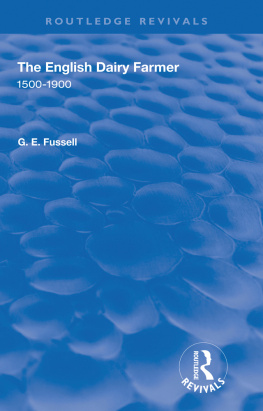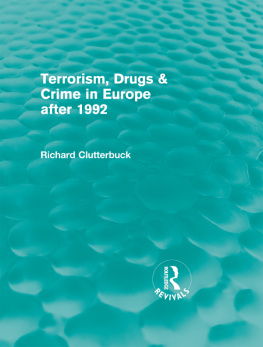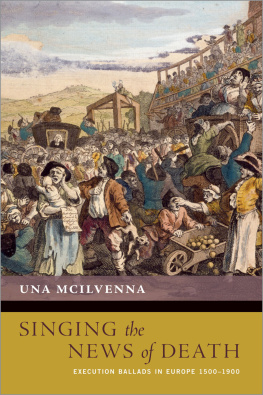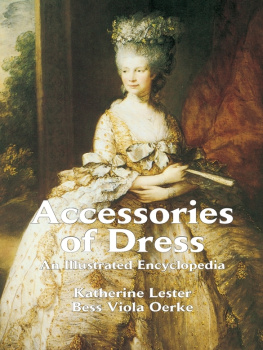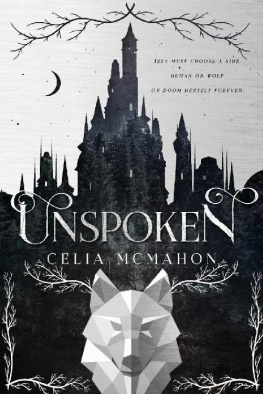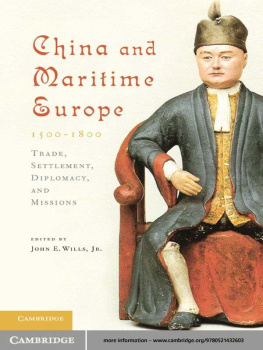Crime, Law and Popular Culture
in Europe, 15001900
Crime, Law and Popular Culture
in Europe, 15001900
Edited by
Richard Mc Mahon
First published by Willan Publishing 2008
This edition published by Routledge 2013
2 Park Square, Milton Park, Abingdon, Oxon OX14 4RN
711 Third Avenue, New York, NY 10017 (8th Floor)
Routledge is an imprint of the Taylor & Francis Group, an informa business
The editor and contributors 2008
All rights reserved; no part of this publication may be reproduced, stored in a retrieval
system, or transmitted in any form or by any means, electronic, mechanical, photocopying,
recording or otherwise without the prior written permission of the Publishers or a licence
permitting copying in the UK issued by the Copyright Licensing Agency Ltd, Saffron
House, 610 Kirby Street, London EC1N 8TS.
First published 2008
ISBN 978-1-84392-118-9 paperback
ISBN 978-1-84392-119-6 hardback
British Library Cataloguing-in-Publication Data
A catalogue record for this book is available from the British Library
Project managed by Deer Park Productions, Tavistock, Devon
Typeset by GCS, Leighton Buzzard, Bedfordshire
Contents
| Richard Mc Mahon |
| 1. |
| Julius R. Ruff |
| 2. |
| Joachim Eibach |
| 3. |
| Rudy Chaulet |
| 4. |
| Maria Kaspersson |
| 5. |
| James Sharpe |
| 6. |
| Richard Mc Mahon |
| 7. |
| Greg T. Smith |
| 8. |
| Carolyn A. Conley |
| 9. |
| Richard W. Ireland |
Acknowledgements
This collection of essays has its origins in a conference entitled Crime, law and popular culture in Europe since 1500 which was hosted by the Moore Institute for Research in the Humanities and Social Studies at the National University of Ireland, Galway. I would like to take the opportunity to thank the Director of the Institute, Professor Nicholas Canny, the project leader, Dr William OReilly, and the Institutes manager, Martha Shaughnessy, for their help in organising the conference. I would also like to acknowledge the funding provided for the conference by the Higher Education Authority/An tdars um Ard-Oideachas and the Department of Education and Science. Much of the final editorial work for this collection was conducted while I was employed as an Associate Lecturer with the Open University in Ireland and I am grateful for the support provided by that institution.
Thanks are also due to the individual contributors to this volume. All have been a pleasure to deal with and have shown considerable grace in dealing with my many queries. I am particularly grateful to Professor James Sharpe for his comments on the introduction. I would also like to thank Professor Xavier Rousseaux, Professor Robert Shoemaker, Professor W.N. Osborough, Mr Tom OMalley and Professor Gearid Tuathaigh for their participation in the conference as either speakers or as chairs of the various sessions. I would also like to thank Brian Willan and all at Willan Publishing for their support and formidable patience. Thanks must also go to Dr John Cronin, Professor Clive Emsley (who also participated in the original conference) and Dr Chris A. Williams who kindly agreed to read over the introduction to this volume at very short notice and for whose comments and suggestions I am extremely grateful (I, of course, am responsible for all errors). Thanks are also due to Robert Fahy (Galway Media) for his assistance with the cover image. Thanks also to Cathal Coughlan and Sean OHagan. I would also like to take the opportunity to thank my parents for their support and encouragement during the preparation of this collection. Finally, special thanks must go to Dr Lesa N Mhunghaile whose encouragement and support went, as usual, far beyond what anyone could reasonably expect and for this, and for many other things, I thank her.
Richard Mc Mahon
Dundee
Notes on contributors
Rudy Chaulet is an Assistant Professor in the Universit de Franche-Comt (Besanon, France). His primary research interests are crime and other social history questions in early modern Spain. He is the author of Crimes, Rixes et bruits dpe. Homicides pardonns en Castille aux XVIe et XVIIe sicles (forthcoming, 2008).
Carolyn A. Conley is a Professor of British and Irish History at the University of Alabama at Birmingham. Her most recent book is Certain Other Countries: Homicide, Gender and National Identity in Late Nineteenth Century England, Ireland, Scotland and Wales (Ohio State University Press, 2007). She is currently working on a history of female killers in London from the seventeenth to the twentieth century and on a survey of British encounters with non-European peoples both inside and outside the Empire.
Joachim Eibach is based at the Universitt Bern in Switzerland. His major fields of research are the history of crime and criminal justice in early modern Europe, the history of the family, the history of intercultural communication and the history of administration as social practice. His latest publication (edited with Raingard Esser) is: Urban Governance and Petty Conflict in Early Modern Europe, Urban History (Special Issue), 34, 1 (2007).
Richard W. Ireland is a Senior Lecturer in the Department of Law and Criminology at Aberystwyth University where he teaches and researches in legal history. His latest book A Want of Order and Good Discipline: Rules, Discretion and the Victorian Prison was published in 2007.
Maria Kaspersson is a Senior Lecturer in Criminology at the University of Greenwich. Her research interests are the history of violence, in particular domestic homicide and honour-related violence as well as comparative perspectives on crime. She has published work in English on the decline in homicide from the sixteenth century onwards as well as on homicide and infanticide in interwar Stockholm.
Richard Mc Mahon is a researcher on the AHRC-funded project From Peaceable Kingdom to Wild West: Violence and Crime on the Early American Frontier and is based in the School of Humanities (History) at the University of Dundee in Scotland. He was the recipient of the first postgraduate studentship from the Irish Legal History Society under the auspices of which he completed a PhD on Homicide, the Courts and Popular Culture in pre-Famine and Famine Ireland in the School of Law at University College Dublin in 2006. His current research interests lie in the history of violence and the legal and criminal justice history of Ireland and North America.
Julius R. Ruff is Professor of History at Marquette University in Milwaukee, Wisconsin. A student of the history of early modern France and a past President of the Society for French Historical Studies, he is the author of Crime, Justice and Public Order in Old Regime France: The Snchausses of Libourne and Bazas, 16961789 and Violence in Early Modern Europe, 15001800 .
James Sharpe is a Professor in the History Department at the University of York. He has published extensively on crime in early modern England and, more recently, on the history of witchcraft. He is also the author of Early Modern England: A Social History 15501760 (2nd edn, Edward Arnold, 1997). His main research interest is currently the history of violence in England since the late Middle Ages, although he also maintains an interest in the legal system of the early modern Isle of Man.




